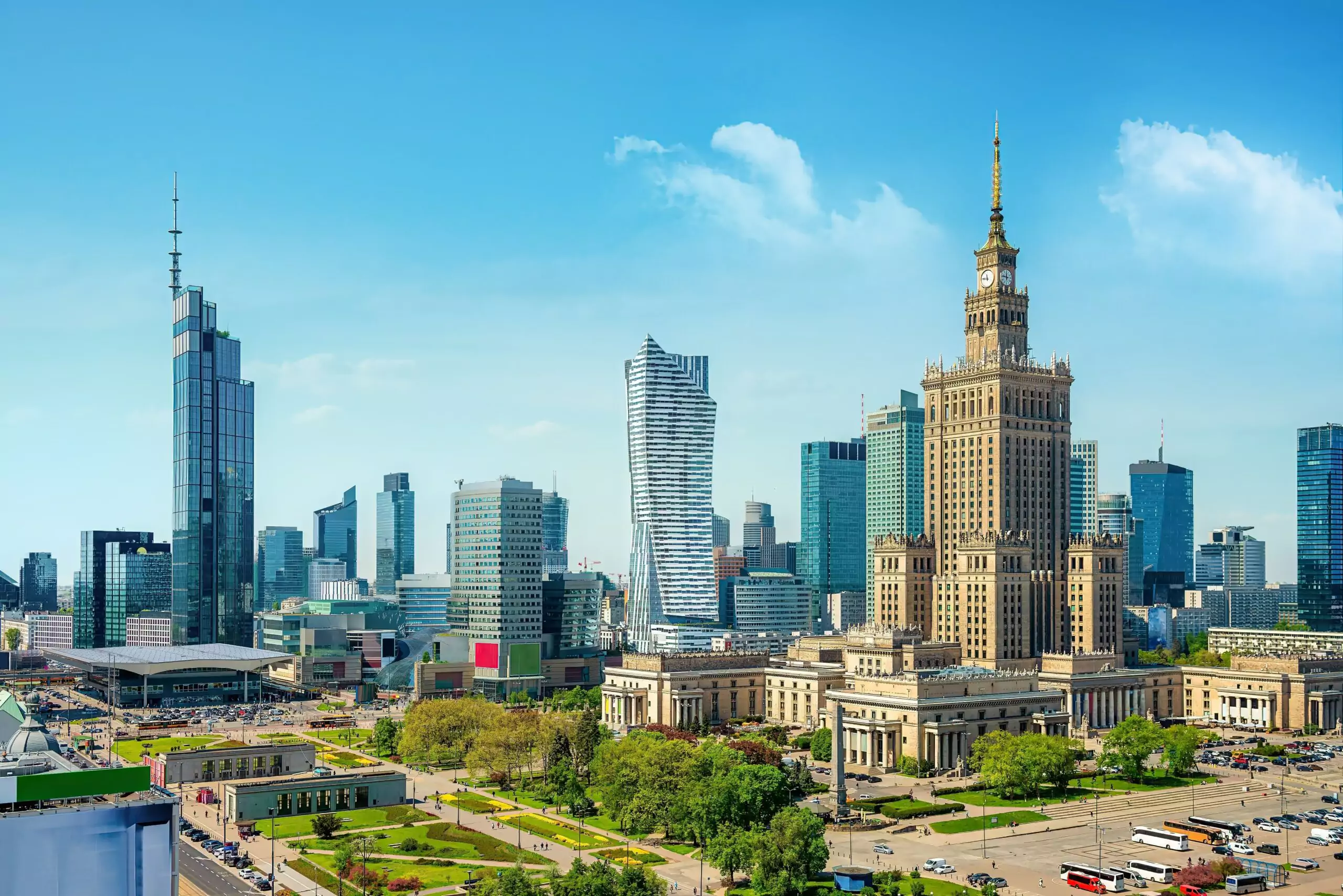Speakers
Objectives of the session
The economic, monetary, and political contexts have been deteriorating since the first improvements on the Covid19 front in 2021. Indebtedness, inflation, and political fragmentation have then been compounded by the Russia war in Ukraine and related destructions, trade disruptions and sanctions. While some see these trends as an opportunity to accelerate the subdued transition to a energy and carbon free economy, economic and monetary parameters do not encourage investment in an ever raising risk context.
This has been happening in a context where the definition of national and regional transition objectives and strategies is lagging or is perceived as too limited often held back by the political challenges witnessed, and technology uncertainties. The possibility in many geographies of a too little and too late climate related transition scenario is a concern also for the risk faced by the financial sphere.
Fragmentation and even the de-globalisation trend are also features on the area of standard setting in particular with regard to sustainability reporting.
This will challenge further global investors and financiers, reduce their contribution to an acceleration of transition and fuel the risk of a lasting mis-assessment of the pace of the greening of economic players and prolonging the drawbacks specifics to greenwashing.
In this context, the session is seeking to clarify the current context and its consequences on the transition of the economy toward a carbon free economy, notably in order to clarify the context in which the financial sector is operating in the EU and globally, to answer unprecedented transition related financing needs.
Points of discussion
- What are the main global economic and policy trends impacting the green transition which is global by nature? To what extent would Glasgow pledges be impacted?
- What does the heterogeneity of sustainability reporting obligations tell of the transition will in different regions globally?
